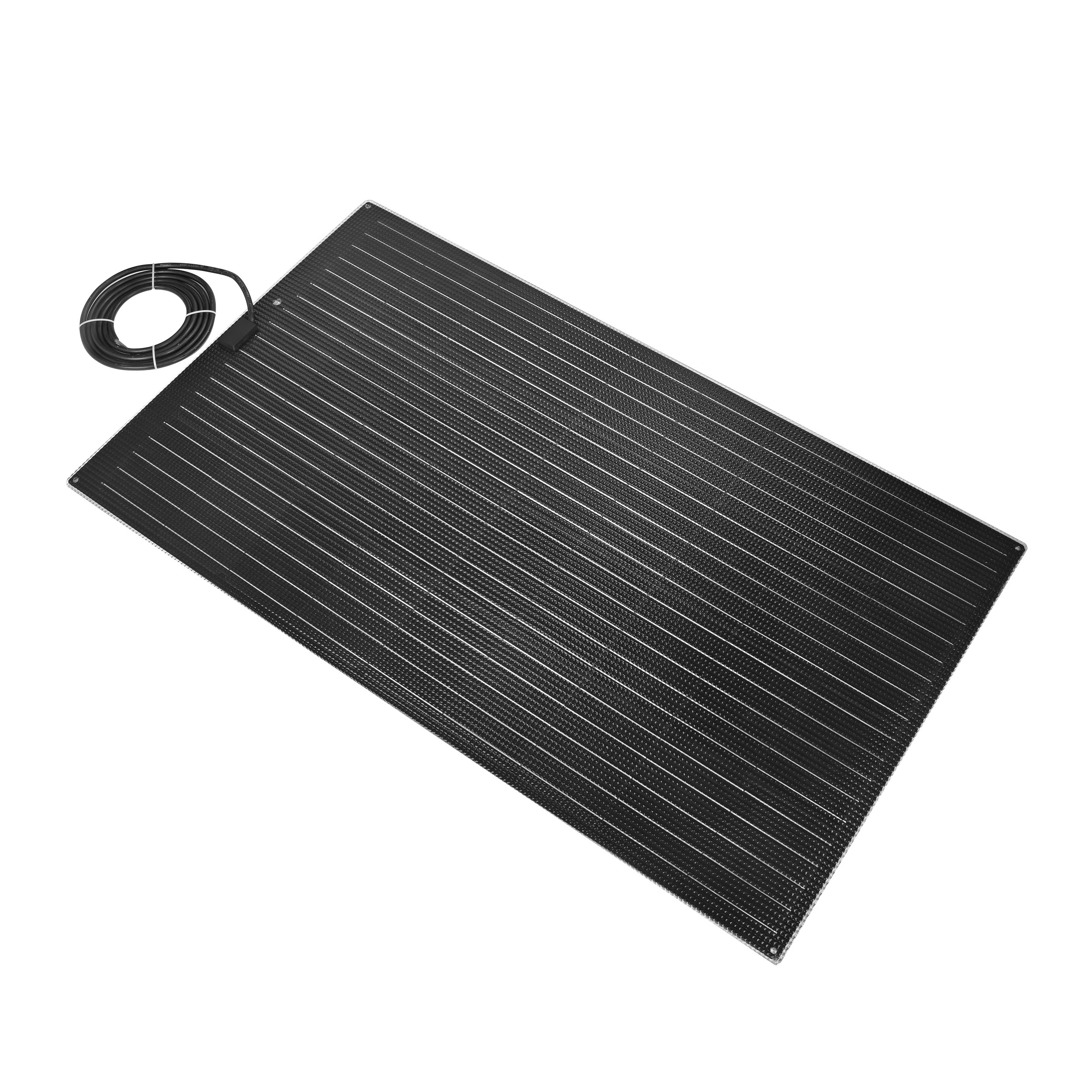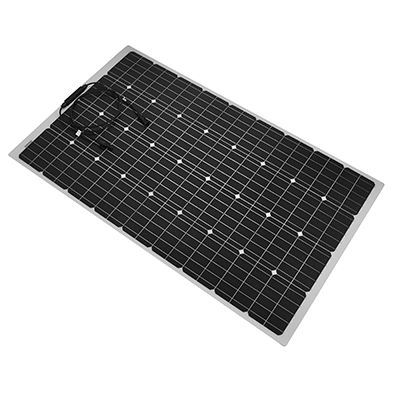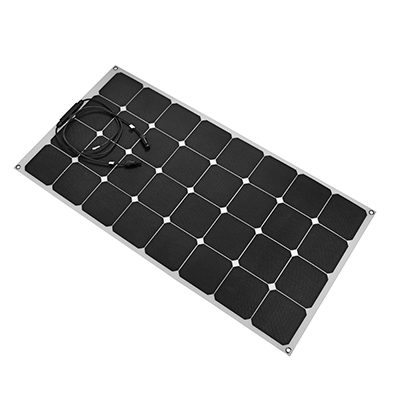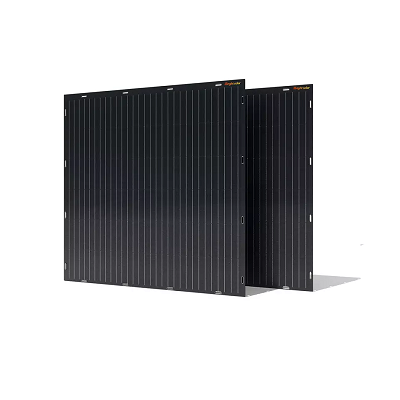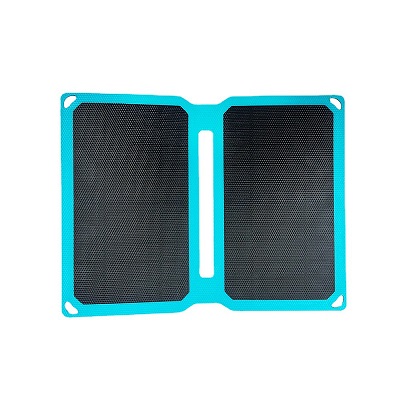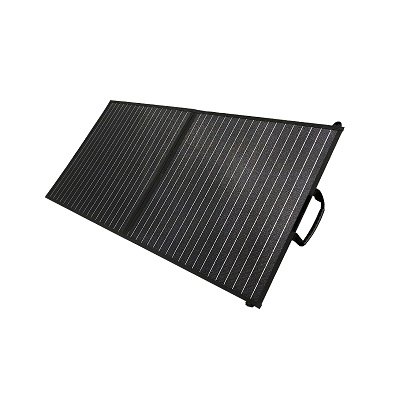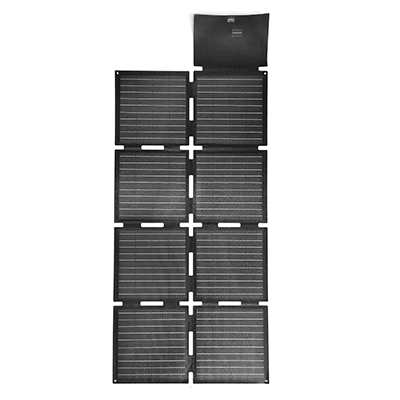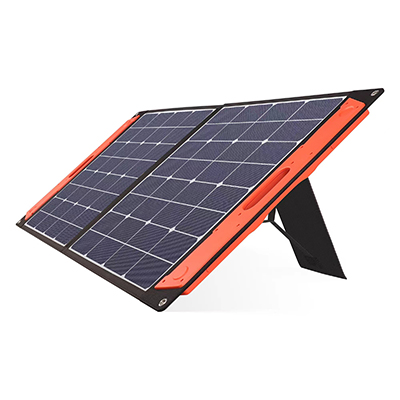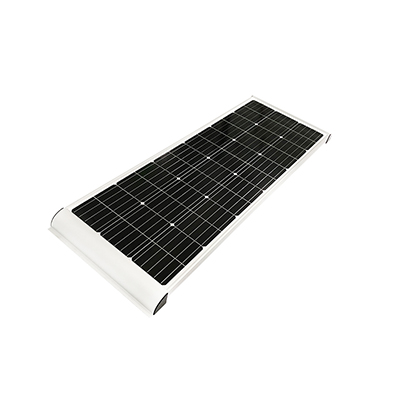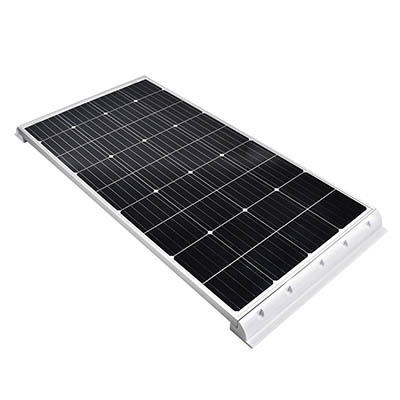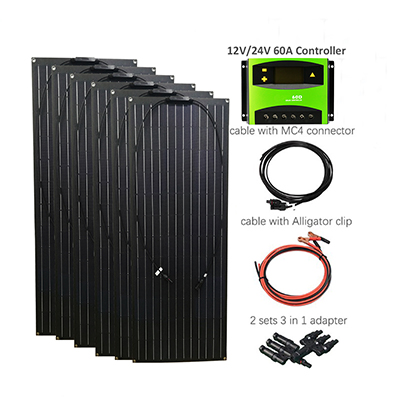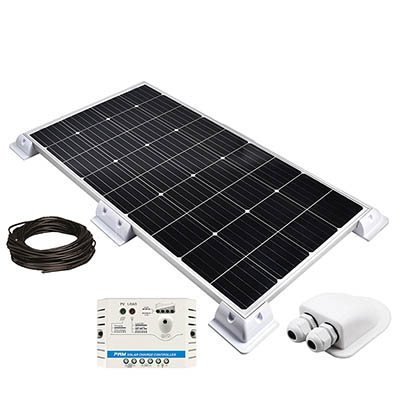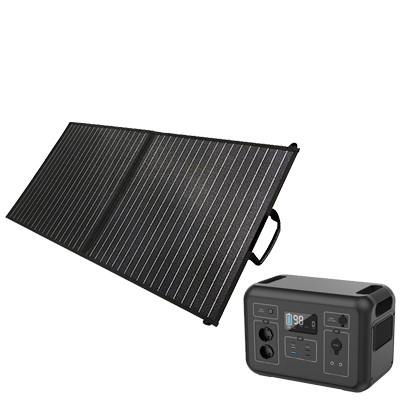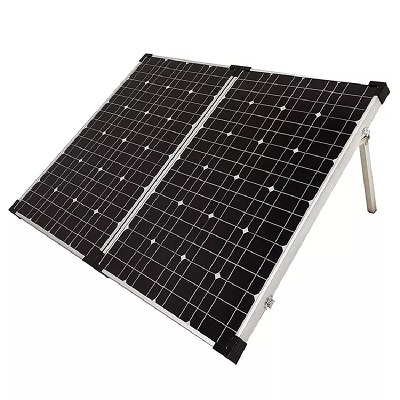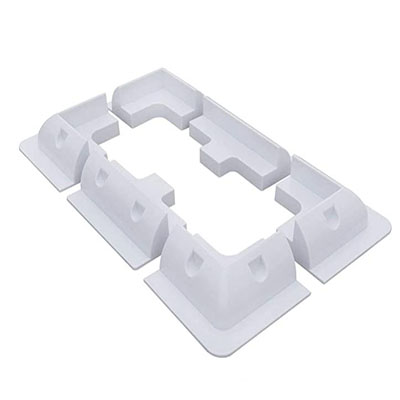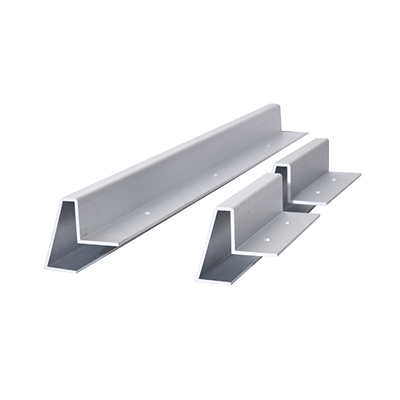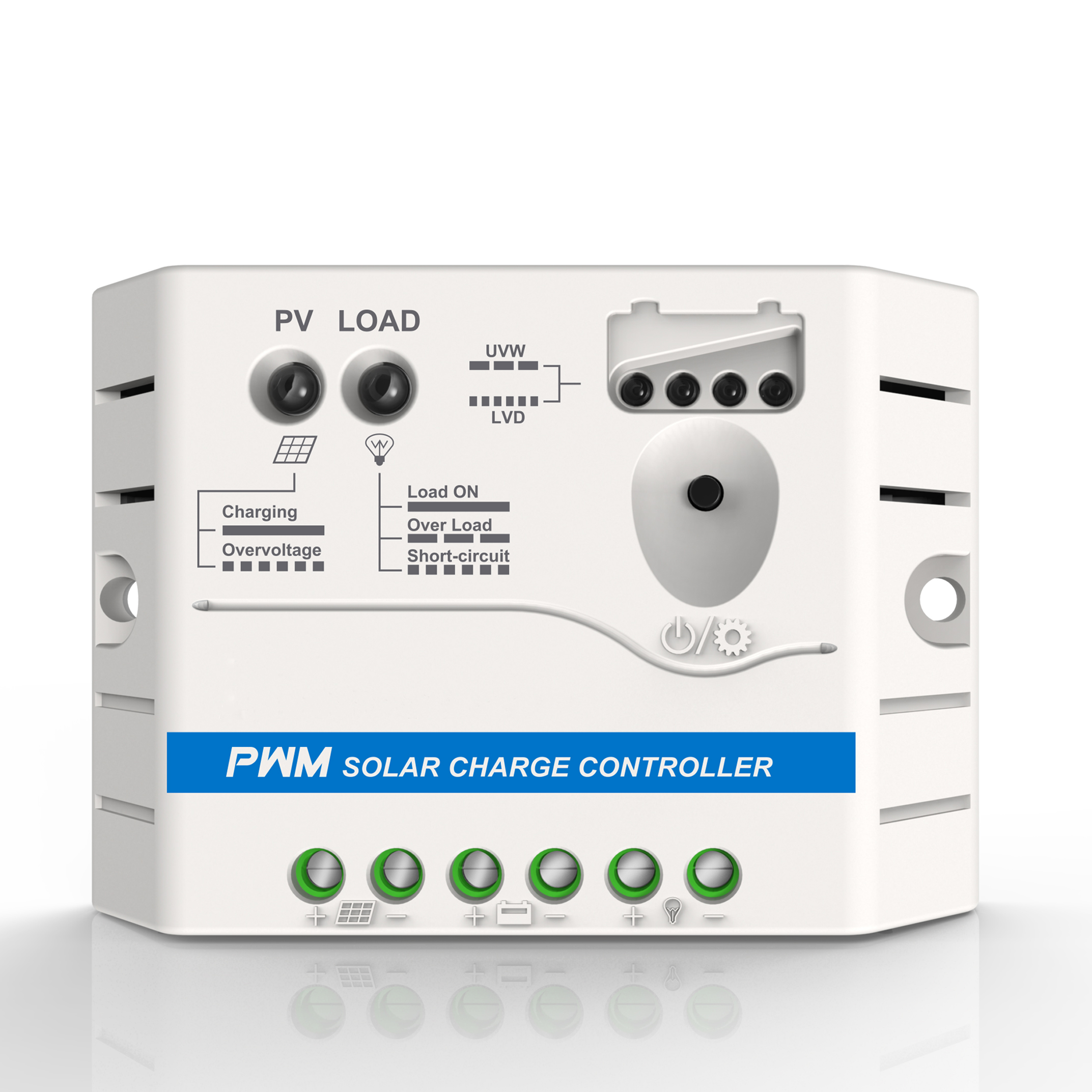Scientists develop snow-proof coating for solar panels
Scientists develop snow-proof coating for solar panels
In recent years, the installed capacity of solar power generation equipment has continued to increase, but in cold and snowy areas, solar panels are easily covered by snow, resulting in a decrease in power generation efficiency. Scientists at the University of Michigan have developed a transparent coating that can reduce the accumulation of ice and snow on solar panels, allowing solar panels to generate electricity up to 85% efficient in winter. The research results were recently published in Advanced Materials Technology.
Anish Tuteja, a professor of materials science and engineering at the University of Michigan, said that in cold and snowy climates, the power generated by solar panels will be reduced by 80% to 90%, which has also become a disadvantage for the popularization of solar power generation. During the study of de-icing coatings, the team found that low interface toughness and low adhesion strength are the key to de-icing technology. On this basis, vegetable oil was added to the PVC material to achieve low surface adhesion and low adhesion. A precise balance between interface toughness is achieved to achieve better ice and snow removal effects. Tested at a solar field in Fairbanks, Alaska, coated panels averaged about 28% ice and snow coverage over the winter, while uncoated panels averaged about 59% ice and snow coverage. The coating can be sprayed or brushed on in cold weather and lasts up to one year


